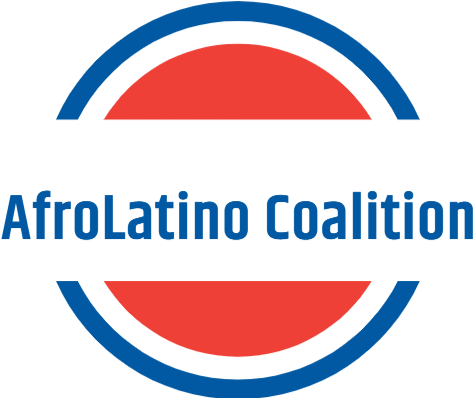Statement from the AfroLatino Coalition on the Updates to SPD 15, Race and Ethnicity Data Standards
Today (3/28/24), we learned that the Office of Management and Budget (OMB) has chosen to recommend new standards to collect race and ethnicity data in the upcoming census that makes race and ethnicity co-equal categories in problematic ways. This latest effort ensures that Latinos are effectively deracinated and may cause Afro-Latinos to be erased. By listing Latino ethnicity as co-equal with racial categories, Latinos are inaccurately portrayed as a population without racial differences despite all the research showing how Black Latinos are treated differently from other Latinos. Separating ethnicity from race is essential for making visible the actual and intersectional racial disparities that exist within a racially diverse ethnic group like Latinos in access to important public goods such as access to education, employment, housing, medical services, etc. Without it, systemic racism, especially when discussing Latino populations, is rendered invisible.
We advised OMB early on that AfroLatino research and scholarship on racialized inequities within Latino populations cautioned against the proposal to include a single combined race and ethnicity question because it reduces the count of Black Latino respondents. Preliminary research of the combined question as presented in the 2024 Federal Committee on Statistical Methodology finds decreases in Afro Latino counts under the combined question. The overwhelming evidence of Afro-Latino researchers with extensive peer-reviewed research on inequities in this community shows that both the Black population numbers and the Latino population numbers are often negatively impacted by a single combined question. This research underscores the necessity of collecting data on both race and ethnicity among Latinos. Indeed, while the U.S. Census data show a population of 2.2 million for our community, independent estimates from Pew Research suggest a much higher number, closer to 6 million, a number that the White House itself has used to underscore the importance of our community. This significant discrepancy highlights the importance of having OMB craft standards that work not only for nonBlack Latinos but for Black Latinos as well.
In the light of the new problematic OMB standard it is imperative that the following measures be deployed to mitigate the harm to AfroLatinos from a faulty data collection:
Increased Testing: We urge the Census to conduct thorough testing to ensure the current question does not disproportionately impact marginalized groups, particularly Black Latinos The NCT used to denote that Afro-Latino numbers didn't decrease did not specifically target Latino Communities and is inclusive on the impact of the combined question on AfroLatino Communities.
Increased Testing for Puerto Ricans in Puerto Rico: We urge the Census Bureau to thoroughly assess the impact of the single race question on Black Puerto Ricans in Puerto Rico. Research from 2016 indicates that a significant portion of Puerto Ricans who initially identified as Black on a separate screener question switched to identifying solely as Hispanic or Latino when presented with a combined race and ethnicity question. Given the planned use of this format in the 2030 census for Puerto Rico, a reevaluation is crucial to ensure accurate data collection.
Community Outreach Support: We call for federal, state, and local agencies to provide resources to community-based organizations to distribute accurate census information. This information should emphasize the importance of selecting at least one racial category and one ethnic category and difference between race and ethnicity in the question format. We further caution that it is critical such funding be distributed equitably.
Preventing Misclassification: We seek assurances from the Census Bureau that respondents will not be misclassified out of the Black and Black alone racial category if they select Latino as their ethnicity and Black as their race.
Transparency and Improved Coding: We advocate for increased transparency regarding how race and ethnicity data are coded. We also require revisions to coding practices that contributed to misclassifying Latinos who chose a racial category as being of Two or More races.
Definitions of race and ethnicity: To improve data accuracy, we recommend the OMB clarify the distinction between race and ethnicity as distinct sociopolitical categories. Highlighting this difference will help respondents understand the importance of selecting options in both categories.
We are receptive to collaborating with partners who are committed to ensuring a complete count of our Black and Latino populations. We encourage people to visit www.latinoisnotarace.info/ for details on our research and resources.
